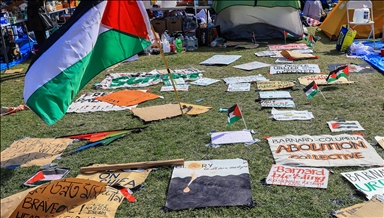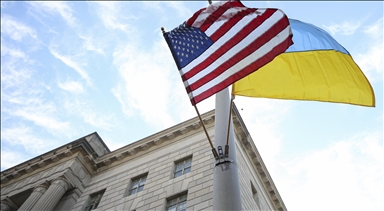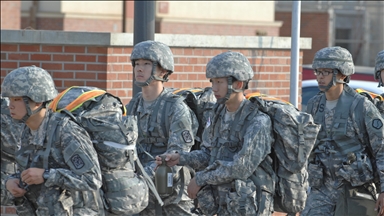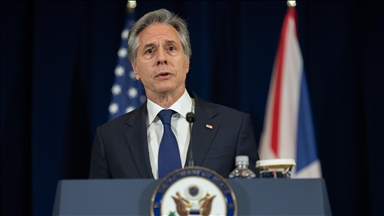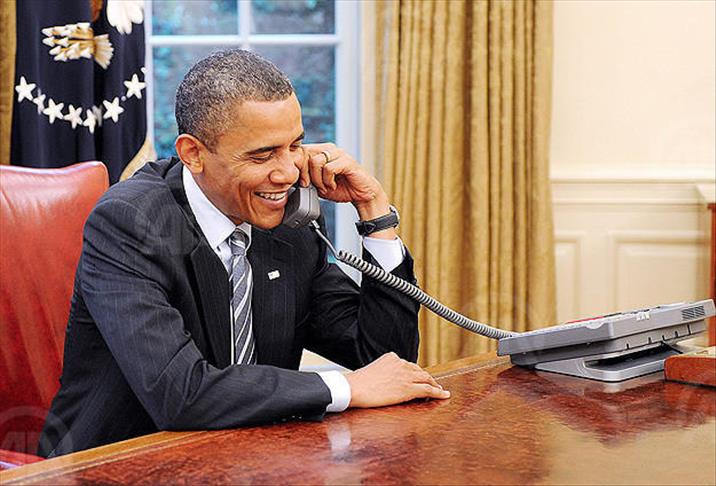
WASHINGTON
The U.S. and Cuba are set to open talks on normalizing full diplomatic relations, including easing economic and travel bans, after more than 50 years of diplomatic silence.
“We will end an outdated approach that, for decades, has failed to advance our interests, and instead, we will begin to normalize relations between our two countries,” President Barack Obama said during televised remarks. “Neither the American nor Cuban people are well-served by a rigid policy that is rooted in events that took place before most of us were born.”
Obama spoke with Cuban President Raul Castro Tuesday about the issue for more than 45 minutes, according to senior administration officials who spoke to reporters on condition that their names not be made public.
It was the first such call between U.S. and Cuban leaders since 1961.
The announcement comes as American contractor Alan Gross, 65, was released Wednesday from a Cuban prison where he was held for five years. Cuban authorities released him on humanitarian grounds.
Obama said that while he was prepared to take additional steps to ease relations with Cuba “for some time,” Gross’ detention was an impediment to doing so.
Gross' release followed secret negotiations in Canada and the Vatican that resulted in a spy swap between the U.S. and Cuba. The talks went back and forth since June 2013.
The swap included the release of three Cuban intelligence assets being held in the U.S. for the release of an unidentified American intelligence asset held by Cuba for nearly 20 years.
U.S. officials did not name the intelligence source but said he was responsible for “some of the most important intelligence and counterintelligence prosecutions that the United States has been able to pursue in recent decades.”
“This man, whose sacrifice has been known to only a few, provided America with the information that allowed us to arrest the network of Cuban agents that included the men transferred to Cuba today, as well as other spies in the United States,” Obama said. “Having recovered these two men who sacrificed for our country, I am now taking steps to place the interests of the people of both countries at the heart of our policy.”
The U.S. now plans to open an embassy in Havana “in the coming months,” according to the White House. In addition, travel bans will be eased, but tourist travel will remain banned for the time being.
Those who do travel to Cuba will now be able to bring back up to $400 in goods from the communist island nation. No more than $100 of that, however, can consist of tobacco or alcohol combined.
The U.S. is also raising the amount of money that Americans are allowed to send to Cuba from $500 to $2,000 per quarter.
And Secretary of State John Kerry will immediately launch a review of Cuba’s designation as a state sponsor of terror.
The officials who spoke to reporters earlier Wednesday emphasized that the diplomatic opening would not diminish U.S. rights promotion efforts in the country.
"Our emphasis on human rights will be just as strong and we believe more effective under this policy,” an official said. “We will engage directly with the Cuban government on human rights.”
Cuba has already agreed to release 53 political prisoners from a list provided by the U.S. in addition to increasing access to the Internet.
“It’s time for a new approach,” Obama said. “Through a policy of engagement we can more effectively stand up for our values, and help the Cuban people help themselves as they move into the 21st century.”
But some lawmakers have quickly voiced opposition to the plan.
“The White House has conceded everything, and gained little,” Sen. Marco Rubio, who is Cuban-American, said in a televised press conference. “This entire policy shift announced today is based on an illusion, on a lie, the lie and the illusion that more commerce and access to money and goods will translate to political freedom for the Cuban people.”
Kerry defended the move in a statement released after Obama's remarks, saying, "This new course will not be without challenges, but it is based not on a leap of faith but on a conviction that it's the best way to help bring freedom and opportunity to the Cuban people, and to promote America's national security interests in the Americas, including greater regional stability and economic opportunities for American businesses."
Anadolu Agency website contains only a portion of the news stories offered to subscribers in the AA News Broadcasting System (HAS), and in summarized form. Please contact us for subscription options.


